Breeding dogs requires careful consideration of their overall health and genetic soundness to ensure the well-being and future of the breed. One health condition that may arise in dogs is an umbilical hernia. In this article, we will explore the question of whether it is safe to breed a dog with an umbilical hernia, and discuss the various factors involved in making such a decision.
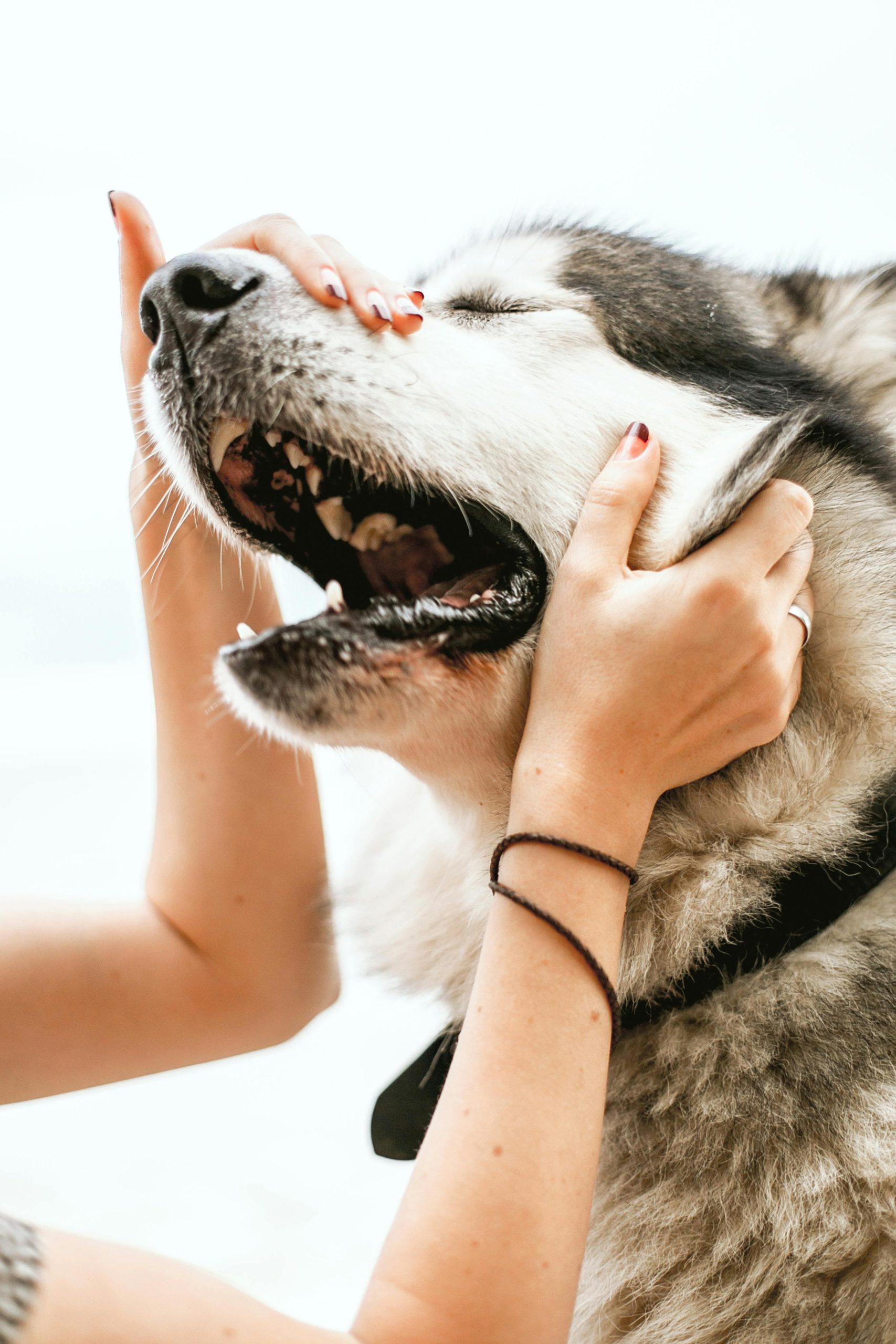
1. Understanding Umbilical Hernias
Umbilical hernias occur when there is a weakness or an opening in the abdominal wall near the umbilical cord site. Here are some key points to understand about umbilical hernias:
- Nature of the Condition: Umbilical hernias are typically congenital, meaning they are present at birth. They are caused by the failure of the abdominal muscles to close completely around the umbilical cord during fetal development.
- Symptoms: Umbilical hernias are characterized by a soft bulge or swelling near the belly button. In most cases, the hernia is non-painful and reducible, meaning it can be pushed back into the abdominal cavity.
- Treatment: Small umbilical hernias in dogs often resolve on their own as the puppy grows. However, larger or persistent hernias may require surgical intervention to prevent complications such as organ entrapment or strangulation.
- Inheritance: While the exact mode of inheritance for umbilical hernias is not fully understood, there may be a genetic component involved. Breeding dogs with a history of umbilical hernias may increase the likelihood of passing on the condition to their offspring.
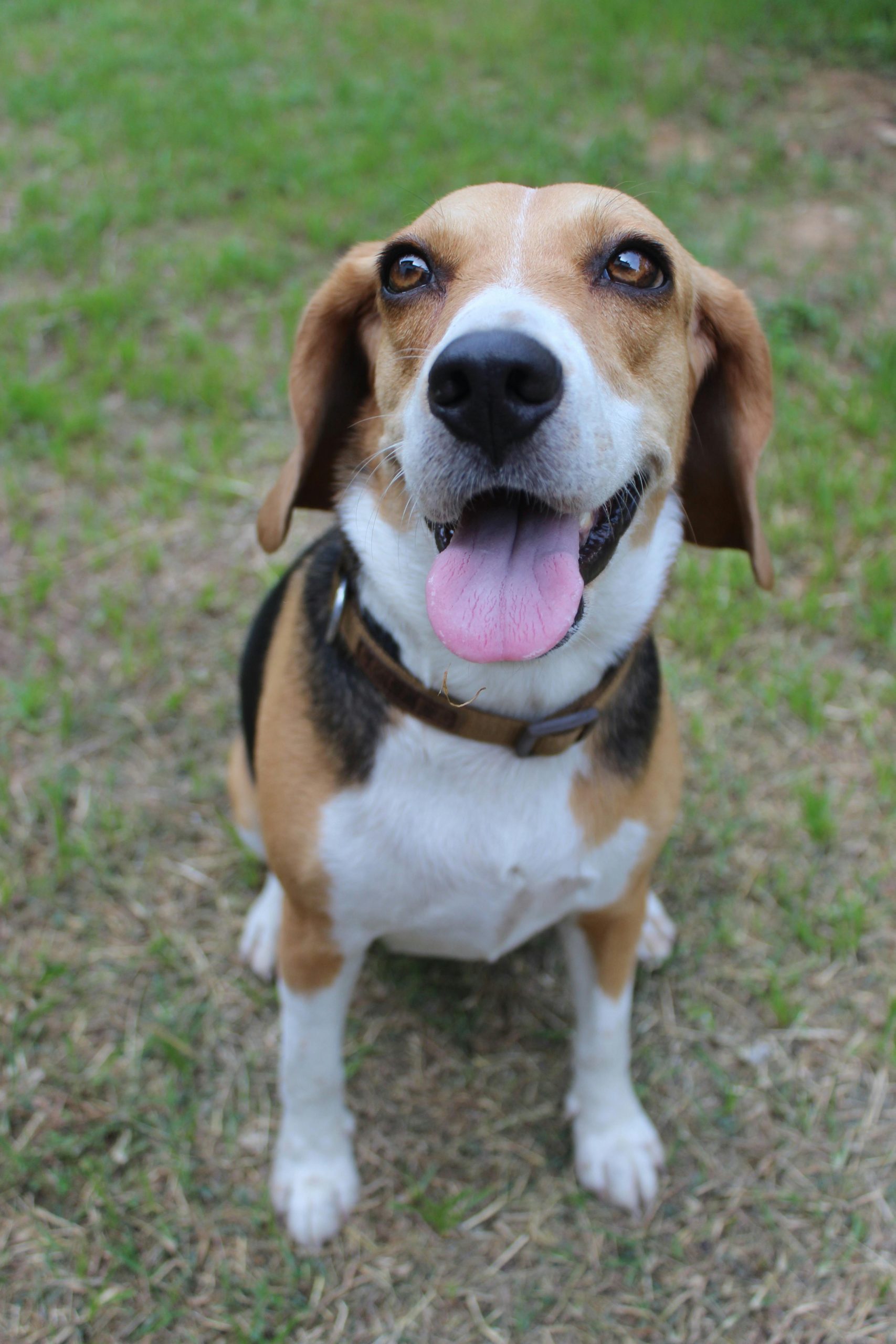
2. Breeding Considerations
When deciding whether to breed a dog with an umbilical hernia, it is crucial to consider the potential risks and implications for the health of the offspring. Here are some key points to consider:
- Health and Welfare: Breeding dogs with known health conditions, including umbilical hernias, can pose risks to the well-being of both the parent dogs and the resulting puppies. It is important to prioritize the health and welfare of the dogs and avoid passing on genetic conditions that may affect the quality of life of the offspring.
- Genetic Considerations: Umbilical hernias may have a genetic component, and breeding dogs with this condition may increase the likelihood of producing offspring with umbilical hernias. Responsible breeders aim to minimize the incidence of hereditary conditions and work towards improving the overall health and genetic soundness of the breed.
- Breeding Standards: Many reputable breed clubs and organizations have set standards and guidelines that discourage breeding dogs with umbilical hernias. These standards aim to maintain the integrity of the breed and promote the production of healthy, sound puppies.
- Consulting a Veterinarian: It is advisable to consult with a veterinarian who has experience in reproductive health and genetics to make an informed decision about breeding a dog with an umbilical hernia. They can assess the severity of the hernia, evaluate the dog’s overall health, and provide guidance based on the specific circumstances.
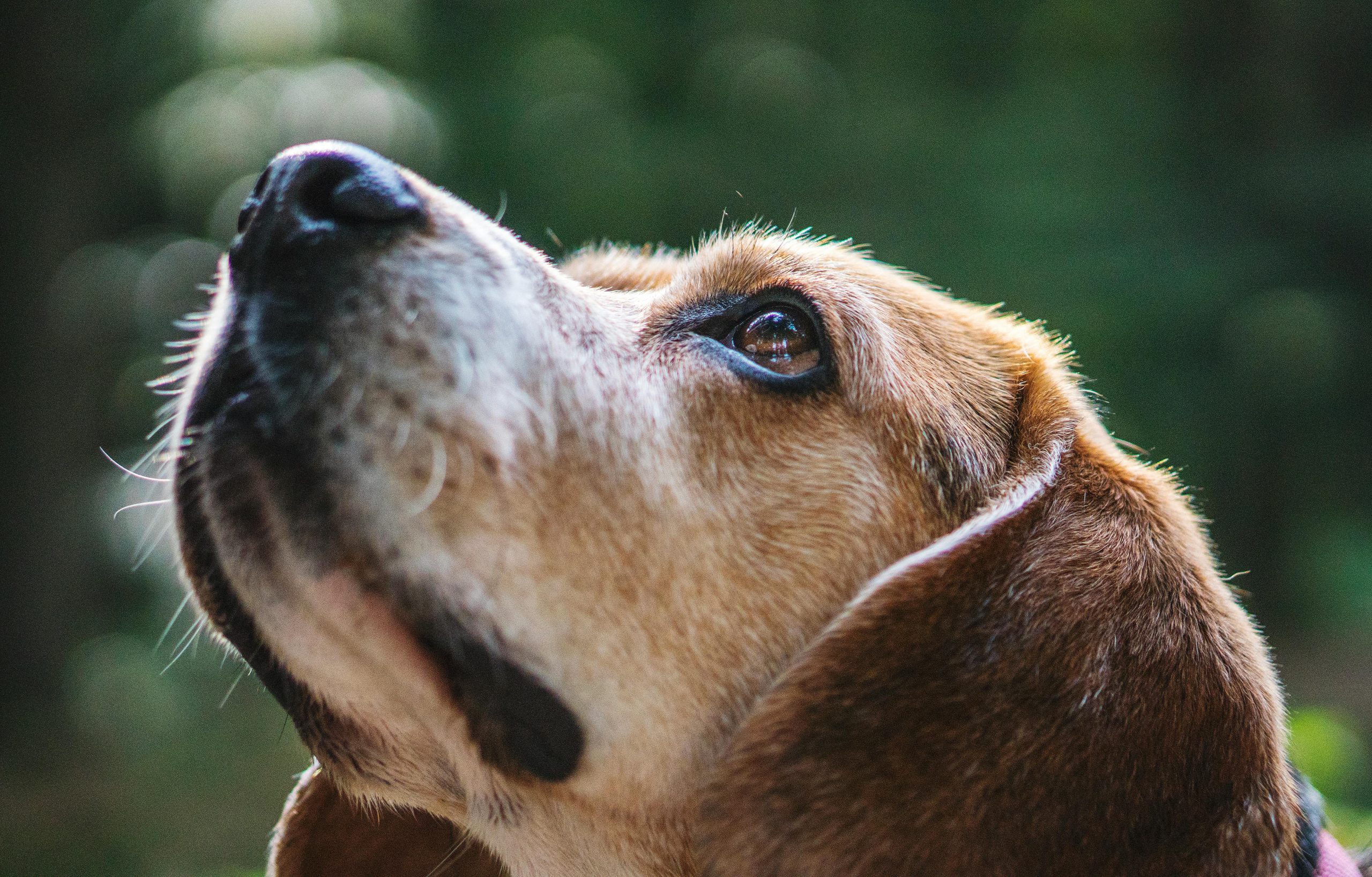
3. Responsible Breeding Practices
Responsible breeders prioritize the health, temperament, and genetic soundness of the dogs they breed. Here are some key points regarding responsible breeding practices related to umbilical hernias:
- Health Testing: Responsible breeders conduct thorough health testing on their breeding dogs, which may include screening for umbilical hernias. By selecting dogs that are free of hernias, they can reduce the risk of passing on this condition to future generations.
- Reputable Bloodlines: Breeders who work with reputable bloodlines and breed from dogs with a history of good health and genetic soundness, are more likely to produce puppies without umbilical hernias. They prioritize selecting breeding dogs with a lower risk of passing on this condition.
- Educating Buyers: Responsible breeders educate potential puppy buyers about umbilical hernias and other genetic conditions that may affect the breed. They provide information on the steps they have taken to minimize the incidence of these conditions and offer support and guidance to puppy owners throughout the dog’s life.
- Continued Monitoring: Even with careful breeding practices, there is always a small risk of umbilical hernias occurring in puppies. Responsible breeders stay in touch with puppy owners, encourage open communication, and monitor the health of the puppies they produce. This helps to gather data and make informed breeding decisions in the future.
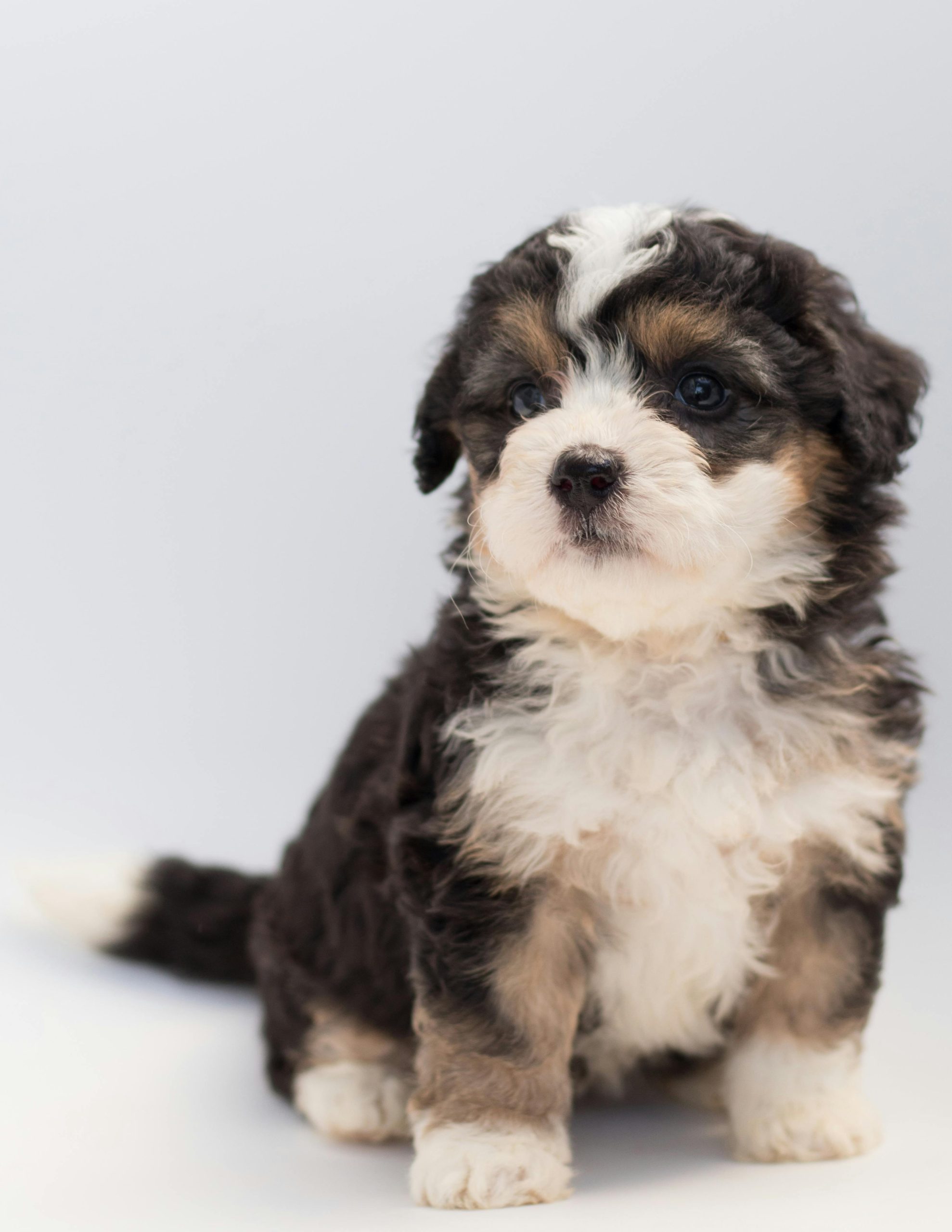
Conclusion
Breeding a dog with an umbilical hernia requires careful consideration of the potential risks and implications for the health of the offspring. While small, resolved hernias may not pose significant concerns, larger or persistent hernias may indicate underlying genetic factors that can be passed on to future generations. Responsible breeders prioritize the health and welfare of the dogs and work towards improving the overall genetic soundness of the breed. Consulting with a veterinarian experienced in reproductive health and genetics is crucial in making an informed decision about breeding a dog with an umbilical hernia. By following responsible breeding practices, breeders can contribute to the betterment of the breed while minimizing the incidence of hereditary conditions.
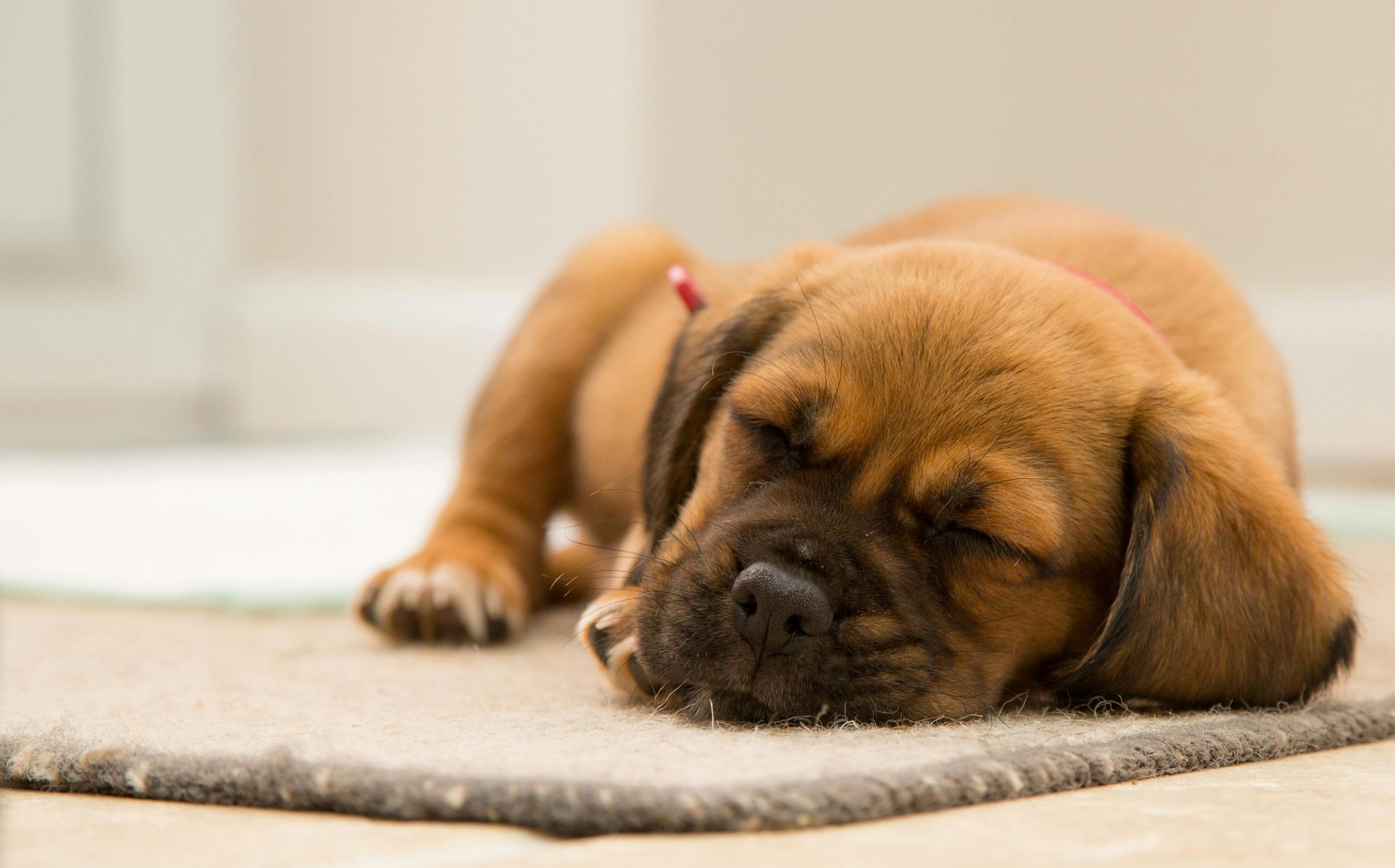
Leave a Reply